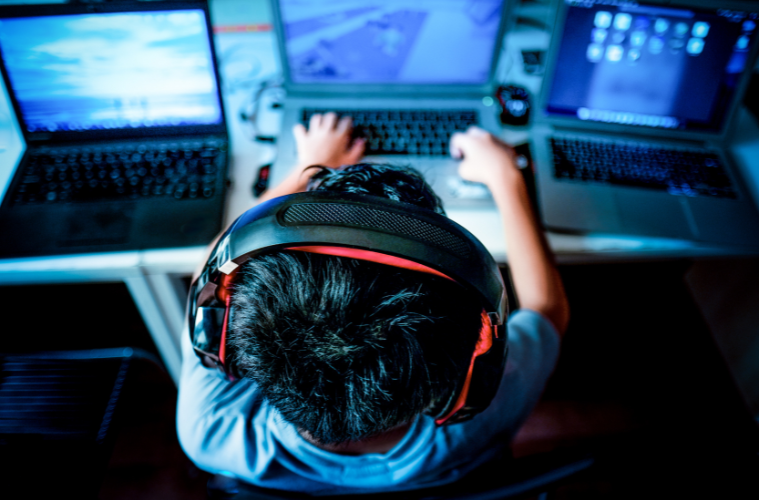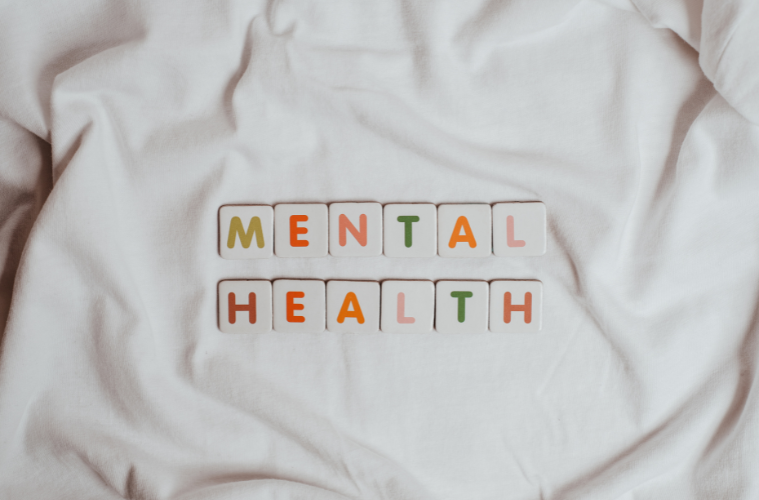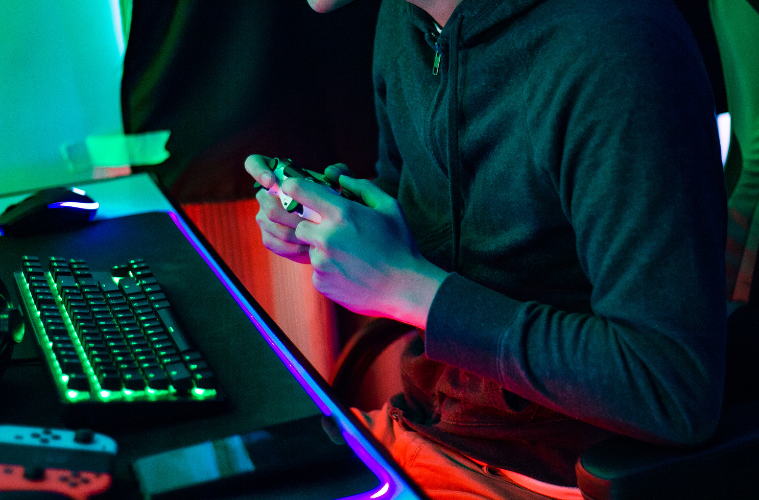Gaming has long been viewed primarily as a form of entertainment, but recent research highlights its surprising benefits for mental health. Far from being just a pastime, video games can play a constructive role in improving psychological well-being, fostering social connection, and even aiding mental health recovery.
Here’s a closer look at how gaming can positively impact your mental health.
Mental Stimulation and Cognitive Benefits

Video games often require players to think critically, strategise, and solve problems quickly. This mental engagement stimulates various parts of the brain, enhancing cognitive functions such as critical thinking, memory, and hand-eye coordination.
Complex games challenge players to analyse situations and adapt strategies, which can sharpen mental agility and promote deeper brain development. This type of mental workout is comparable to puzzles or brain-training exercises, making gaming a stimulating activity that keeps the mind active and engaged.
Sense of Accomplishment and Motivation
Many games are designed with clear goals, objectives, and reward systems such as trophies or badges. Achieving these goals provides players with a tangible sense of accomplishment, boosting self-esteem and motivation.
This feeling of success can translate into improved overall well-being, as players experience satisfaction from overcoming challenges and progressing through the game. The pursuit of in-game achievements encourages persistence and goal-setting, skills that are valuable beyond the gaming world.
Stress Relief and Emotional Regulation

Gaming offers a valuable form of escapism, allowing players to temporarily disengage from real-life stressors. Immersive game worlds, especially open-world games where players can explore at their own pace, promote relaxation and improve mood by providing a break from daily pressures.
This cognitive escapism helps reduce anxiety and stress, contributing to emotional regulation. After a long or stressful day, gaming can serve as a healthy outlet to unwind and recharge mentally.
Social Connection and Belonging
Multiplayer and online games foster social interaction, creating communities where players can connect, collaborate, and build friendships. For individuals who may struggle with socialising in person, gaming provides a safe and inclusive space to engage with others, reducing feelings of loneliness and isolation.
This sense of belonging is crucial for mental health, as positive relationships strongly correlate with happiness and well-being.
Therapeutic Potential for Mental Health Recovery
Video games have shown promise as tools for mental health recovery, particularly for conditions such as anxiety, depression, ADHD, and PTSD. They can serve as distractions from psychological trauma and provide a structured environment for emotional expression and coping.
Some games, including virtual reality experiences, are being explored as adjunct therapies to traditional treatments, helping to alleviate symptoms and improve mood through moderate gameplay.
Gaming and Flourishing Mental Health
Research using positive psychology frameworks suggests that gaming can support flourishing mental health. Video games can evoke positive emotions, encourage deep engagement or “flow,” foster social connections, provide meaningful experiences, and offer a sense of achievement.
When played in moderation, gaming can contribute to overall life satisfaction and psychological well-being.
Maintaining a Healthy Balance

While gaming has many mental health benefits, moderation is key. Excessive gaming can lead to negative outcomes, including addiction and social withdrawal. However, moderate gaming—balanced with other life activities—tends to promote better mental health outcomes than either excessive play or complete abstinence.
Setting healthy boundaries and choosing games that promote positive experiences can maximise benefits while minimising risks.
In summary, gaming is much more than entertainment; it is a multifaceted tool that can improve mental health by stimulating the brain, providing a sense of accomplishment, reducing stress, fostering social bonds, and supporting mental health recovery.
With mindful and balanced play, video games offer a powerful way to enhance psychological well-being in today’s digital age.


